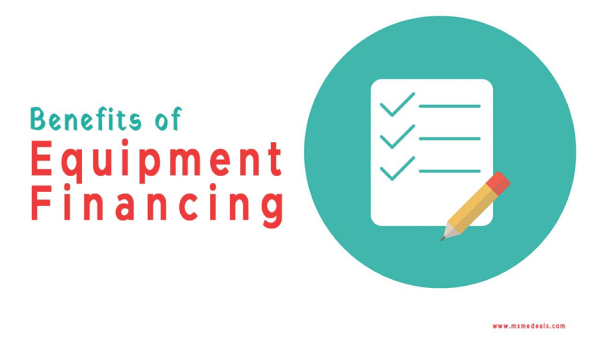
A Simple Guide to Successfully Selling Your Business
Selling your business can be a complex process, but with the right approach, it can also be a rewarding and profitable venture. Whether you're retiring, moving on to new opportunities, or simply looking for a change, here's a straightforward guide to help you navigate the process of selling your business.
1. Preparation is Key:Before you even think about putting your business on the market, take the time to thoroughly prepare. This involves getting your financial records in order, assessing the value of your business, and addressing any potential issues that could arise during the sale. A well-prepared business is more attractive to potential buyers.
2. Know Your Numbers:Buyers will want to see clear and accurate financial statements. Make sure your books are up-to-date, organized, and easy to understand. If there are any outstanding financial issues, such as debts or unpaid taxes, address them before listing your business for sale.
3. Determine the Value of Your Business:Knowing the value of your business is crucial for setting a realistic selling price. Consider hiring a professional appraiser or working with a business broker to help determine an accurate valuation. Take into account assets, cash flow, customer base, and any unique aspects of your business that add value.
4. Clean Up Your Operations:Buyers will scrutinize every aspect of your business, so make sure everything is running smoothly. Streamline your operations, address any operational inefficiencies, and ensure that your business is not overly dependent on a single customer or supplier. A well-organized and efficient business is more attractive to potential buyers.
5. Market Your Business Effectively:Create a compelling sales pitch for your business. Develop a clear and concise description of what makes your business unique and why it's a great opportunity for a buyer. Use online platforms, business listings, and professional networks to market your business to a wide audience.
6. Maintain Confidentiality:While marketing your business, be mindful of confidentiality. Only disclose sensitive information to serious and qualified buyers. Consider using non-disclosure agreements to protect your business's confidential information.
7. Negotiate Wisely:Once you start receiving offers, be prepared to negotiate. Understand your priorities and be flexible, but also know your bottom line. Work with legal and financial professionals to ensure that the terms of the deal are fair and well-documented.
8. Due Diligence Process:Buyers will conduct due diligence to verify the information you've provided. Be transparent and cooperative during this process. Address any concerns that arise promptly and honestly to build trust with the buyer.
9. Closing the Deal:Once the negotiations and due diligence are complete, work with your legal and financial advisors to finalize the sale. Ensure that all necessary legal documents are in order, and facilitate a smooth transition of ownership.
10. Plan for the Future:After the sale, consider what's next for you. Whether it's retirement, a new business venture, or a well-deserved break, have a plan for your post-sale life.
Selling a business can be a challenging process, but with careful preparation and strategic decision-making, you can maximize the value of your business and ensure a successful sale.






















